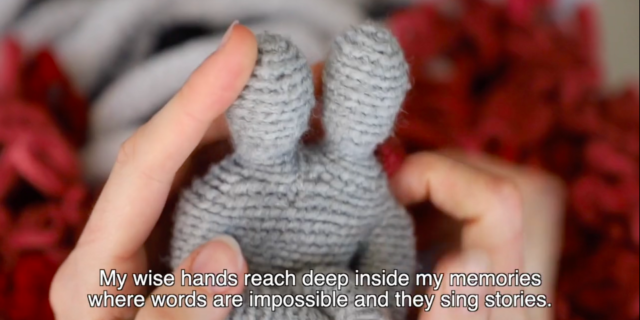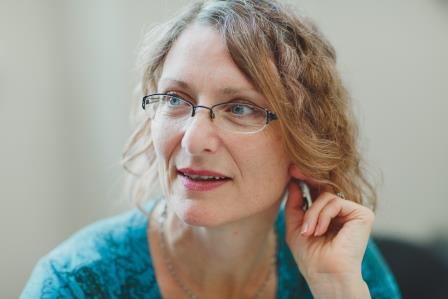
By
Patricia Douglas
November 2016
Print Version
What you need to know
In the midst of calls by the United Nations, disability rights organizations and local governments for the inclusion of persons with disabilities in all aspects of life, education systems struggle with barriers to meaningful inclusion for persons with autism. Students commonly face bullying, isolation or segregation, while parents and teachers grapple with limited resources and strained relationships within school communities and between schools, school boards and families. Special education categories define disabilities such as autism as a deficit—a problem that needs fixing—inadvertently reproducing marginalization and educational disparity. Little is known about experiences of exclusion and belonging from the perspective of students with autism and those that work with and care for and about them. This project uses a critical disability studies approach, understanding inclusion as a social justice issue and autism as an integral and valuable part of human diversity, to address this gap in knowledge. This is particularly important in light of the current educational landscape and sharply rising rates of autism diagnosis.
Why this research is important
The World Report on Disability documents a stark picture of marginalization, under- or unemployment, poverty, barriers to education and health, violence and discrimination for the 15.6% of the global population who lives with a disability or chronic health condition. Access to and meaningful inclusion in education—a basic human right—is identified as key in change efforts. This research addresses educational barriers and furthers our understanding of what is necessary to advance inclusion. Using a disability studies approach, the project focuses on the knowledge and experience of persons with autism through key informant interviews and digital storytelling workshops. This addresses a gap in knowledge about autism and inclusion and fosters collaborations between persons with autism, families and school communities to find out what’s working and what’s not, and to intervene into exclusionary policy and practice. Given sharply rising rates of autism diagnosis and reports of bullying and isolation in schools for students with autism, this research is pressing.
How the research is done
Currently, I am in phase one of my research, doing key informant interviews with people with autism, educators and families in Toronto, Ontario, to learn more about experiences of schooling. In October and December, I am holding digital storytelling workshops with these same groups, where participants will be supported to make their own short first-person films about their experiences of autism and schooling. Workshops provide participants an immersive experience where they have the opportunity to explore their experiences, speak back to systems, discover commonly shared assumptions and work across differences. Part of this phase of research is also a short documentary that follows the research process, documents how inclusion unfolds in the space of the workshop and explores the power of the arts to enact change. In phase two of the study, which will take place next fall in Brandon, Manitoba, and Toronto, Ontario, professional development forums for educators and policy makers will be held. These forums will incorporate interview findings and digital stories, and will measure the impact of first-person stories on educators’ understandings of autism and inclusion.
How this research can be used
This research can be used to fill gaps in knowledge about autism and inclusion, shift negative perceptions and advance inclusion. Findings will be made available to academics and teachers through presentations at academic and professional conferences, and through articles in academic journals with links to digital stories. A related book project on disability studies in education in Canada is also planned. New knowledge will also be shared with educators and policy makers through professional development forums in Manitoba and Ontario. The documentary will be entered into film festivals in order to bring new knowledge to a general audience interested in disability and family stories, human rights and inclusion.
About the Researcher
Keywords
- arts-based methods
- collaborative research
- critical disability studies
- inclusion
- social justice education
Editor: Christiane Ramsey
Read more BU Research
Research at Brandon University follows comprehensive policies designed to safeguard ethics, to ensure academic integrity, to protect human and animal welfare and to prevent conflicts of interest.

